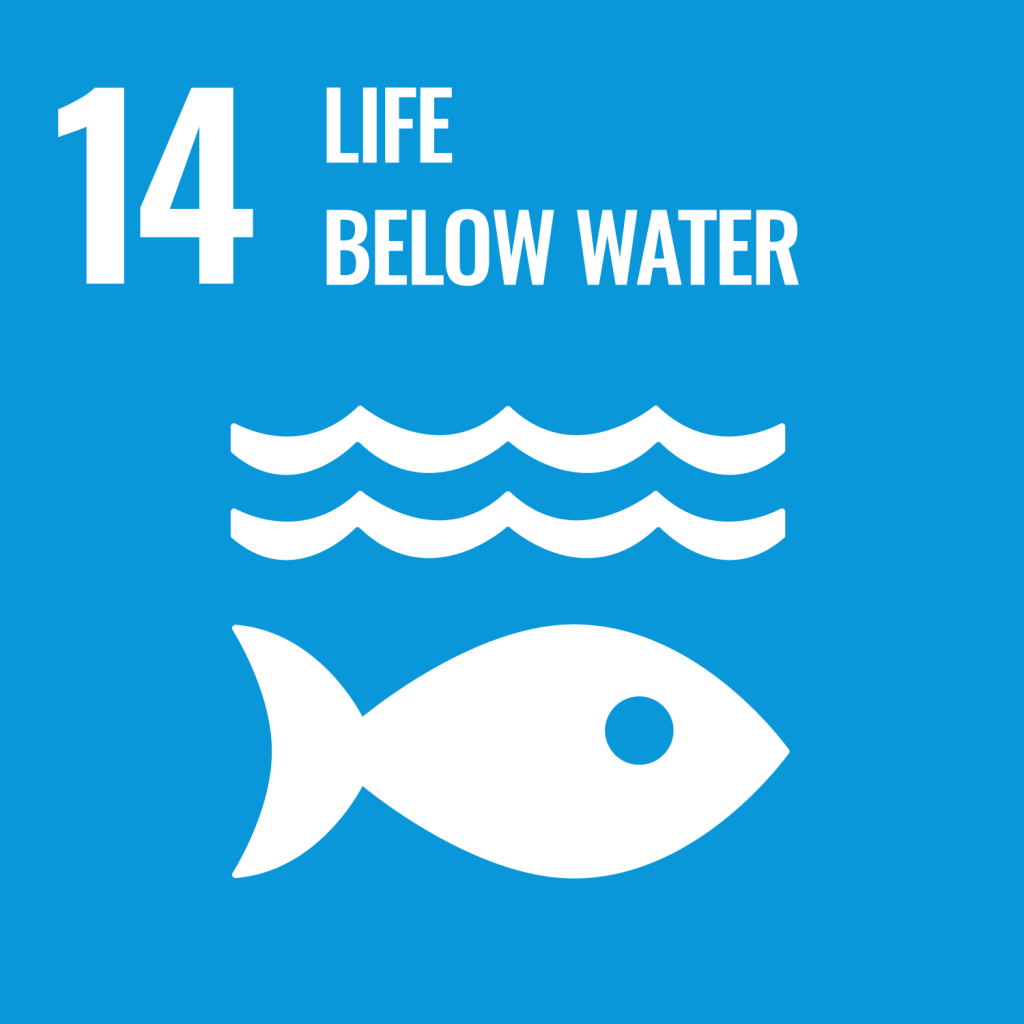Aquatic ecosystems, encompassing marine and freshwater habitats, are vital for diverse species. Universities and communities should advocate for sustainable actions, like curbing overfishing. Moreover, educational policies can focus on reducing plastic waste and monitoring ecosystem well-being.

Supporting aquatic ecosystems through education encapsulates the initiative of imparting knowledge and awareness about marine and freshwater environments, fostering stewardship and sustainable practices to conserve water habitats, ensuring biodiversity, and promoting a balance between human activities and aquatic life health through informative and transformative learning experiences.
Supporting aquatic ecosystems through action refers to proactive engagement in conservation efforts to protect and restore marine and freshwater habitats. It involves direct intervention, cleanup drives, habitat restoration, policy advocacy, sustainable resource management, and community involvement to maintain and enhance the vitality of aquatic environments.
Water-sensitive waste disposal refers to environmentally conscientious methods of discarding waste that prevent contamination and harm to water bodies. It involves processes and systems designed to protect aquatic ecosystems by filtering pollutants, reducing runoff, and ensuring that waste by-products do not disrupt the water cycle or aquatic life.
Maintaining a local ecosystem entails preserving the natural balance within a specific environment. This involves actions to protect native species, sustain biodiversity, manage resources, restore habitats, and educate communities, ensuring the ecosystem’s health and resilience against disturbances, thus securing its longevity and functionality.